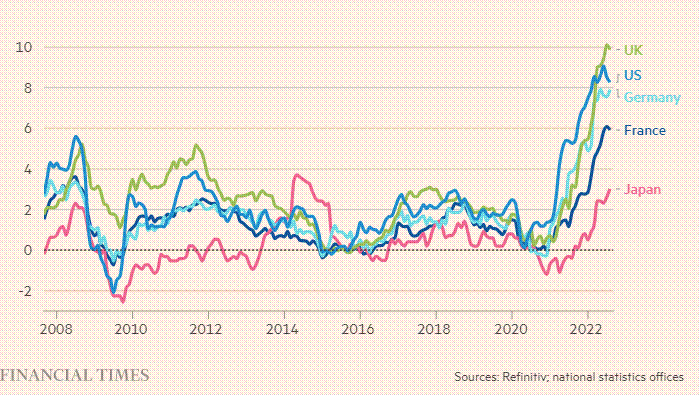- About
- Contact
- Blog
- CONSUME
- GALLERY
-
PERAMBULATIONS, Etc.
- Old Parcels Office, Scarborough
- Ghent
- White Cube
- Cornerhouse, Manchester
- Venice 2019
- Tectonics
- Leeds City Art Gallery
- Hayward Gallery, London
- Hull University Art Gallery
- Whitney Gallery, New York
- Royal Scottish Academy, Edinburgh
- Talbot Rice Gallery, Edinburgh
- Fruitmarket Gallery, Edinburgh
- Modern One & Two, Edinburgh
- Groeningemuseum, Bruges
- Humber Street Gallery, Hull
- Renwick Gallery, Washington DC
- Arenthuis, Bruges
- Ropewalk Gallery, Barton on Humber
- Geementmuseum, Den Haag
- Ferens, Hull
- Crescent Arts, Scarborough
- Walker Art Gallery, Liverpool
- Hepworth Wakefield
- Yorkshire Sculpture Park
- Stedelijk, Amsterdam
- Henry Moore Institute
- Louisiana
- SMK Copenhagen
- Yorkshire Sculpture International
- Tate Modern
- Whitworth, Manchester
|
+Answering questions about his car-crash budget, Chancellor of the Exchequer, Kwasi Kwarteng emphasised the point that he is innumerate. He told journalists we’ve only ‘been in for 19 days.’ Actually, it’s 12 years (not including leap years and the actual election date in 2010) which adds up to 4,380 days. That’s 4,380 days the Tories have had to put us on the track to nirvana that is now nearly within our grasp. It is a mystery how they get away with the idea that they are the party of economic competence. They do have the bulk of the media on their side of course. That helps.
+Oh how fast the sands of time shift the political landscape! In order to get elected as Labour leader Keir Starmer promised to nationalise this that and the other. But then he changed tack when it was discovered these were Corbyn policies which had not exactly been endorsed by the electorate (as opposed to the party membership). So he ditched them. Now we hear Labour wants to renationalise rail and energy. It seems the policies were popular after all, so Sir Keir has changed his mind (or so it seems, there’s an awful lot of caveats to be had here). Either you call it pragmatism, flip-flopping—or more probably opportunism. Since it’s likely to be the latter, it needs a leap of faith to imagine anything will come of it. +The UK is suffering some of the worst energy price inflation in the developed world. That is clearly impacting our overall inflation rate, which is worse than our biggest comparators, as the chart (below) from the FT illustrates (dated 20/9/22). What, we might ask, is the government doing about it? We occasionally hear that the energy market is broken. We’re told that the market is driven by the price of gas, so even though we never imported more than 4% of our gas from Russia, we’re stuck in the same market as those who bought a lot more. At the same time wind power costs nine times less than gas, and solar power has also seen dramatic falls in price. Then there are those, the nuclear lobbyists who tell us how consistent their source of energy is—a source of energy which as far as I know has nothing to do with the availability of gas. And then, and then, there is that other significant source of energy, the so-called carbon neutral supply of wood pellets which earns so much profit for e.g. Drax power station, which is responsible for 6% of UK electricity supply and claims on its website to be the UK’s ‘largest renewable power station’ (the claim is bollocks but that’s another story). So why, with all these sources, not to mention what’s left of gas in the North Sea, is the UK seemingly so vulnerable to energy price rises? Simple: it’s called the ‘hidden hand’ and like a pickpocket it is seizing its opportunity. At least Labour still wants a windfall tax on the bastards (but if something changes so will Starmer).
0 Comments
Leave a Reply. |
Archives
March 2024
|


 RSS Feed
RSS Feed